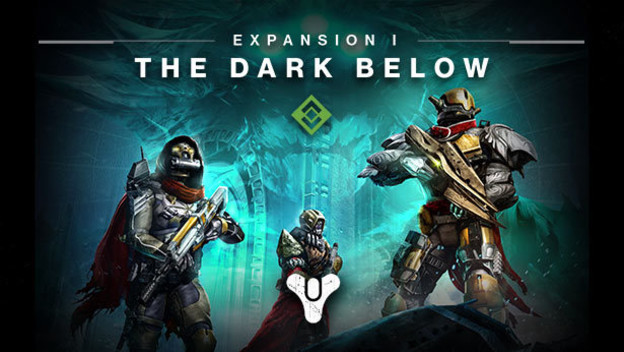Sony recently announced that Horizon: Zero Dawn sold roughly 2.6 million copies during its first two weeks, which includes both physical copies and digital downloads from the PlayStation Store. As we’ve seen in recent history, Sony followed up the news with a soft announcement regarding a story expansion for its latest IP. Naturally, Sony wants to capitalize on the widespread popularity of the launch, but the game hasn’t even been out a full month and plans for a DLC expansion are already underway. Therein lies the problem plaguing our industry. Developers are pushing out DLC at a historically rapid pace, which in the end isn’t good for our favorite pastime.
In theory, DLC makes a whole lot of sense. You engineer a solid product that engages gamers and leaves a lasting impression. A few months later, you provide additional content, charge a few bucks, and the protagonist’s story continues. The Halo franchise perfected this model almost instantaneously with Halo 2 . They released a solid product, built a few map packs, charged a few bucks, and players continued their epic journey. For whatever reason, we’ve lost our way from that beautiful, symbiotic model. Fast-forward several years later and it feels more like developers are using DLC as an excuse to release titles before they’re finished and covering themselves by slapping the DLC Season Pass sticker on the cover art.
The byproduct of all this leads to developers cutting corners, massive day one patches, and the cleverly discovered disc-locked content. Destiny made disc-locked content big news when players stumbled upon its vast plans for future “DLC” a few years back. The fact that Bungie completed the game and scaled back parts of it just to turn an extra profit through DLC was insane. As a result of development plans, like the one with Destiny , players are more often than not left with the shell of a game where additional pieces must be purchased in order to string together a decent experience.
Resident Evil 7 is a more recent example of this newly adopted methodology. It launched earlier this year on January 24. Capcom announced DLC plans roughly a week later. The game hadn’t even been fully reviewed by gamers and critics alike before they began the big DLC push. The telling sign for me came while initially reviewing the title. It was well done from top to bottom, but lacked the necessary depth and replay value to really put it over the top. Needless to say I wasn’t surprised when I saw the announcement for DLC only a week after launch. The game, like so many others these days, was built with DLC in mind, rather than as a robust platform for engaging experiences.

Our industry is evolving for the better and for the worse. A few studios are opting for prolonged development time, building a strong model, and even providing more value than its predecessors. However, we need to be cognizant of the fact that several studios’ sole focus is the turn a profit, even if that means only giving us pieces of a sound product. It’s time we recognize the truth and demand a change of course. Either that or we’ll soon end up paying much more for video games.
Image Credit: JagoDibuja
